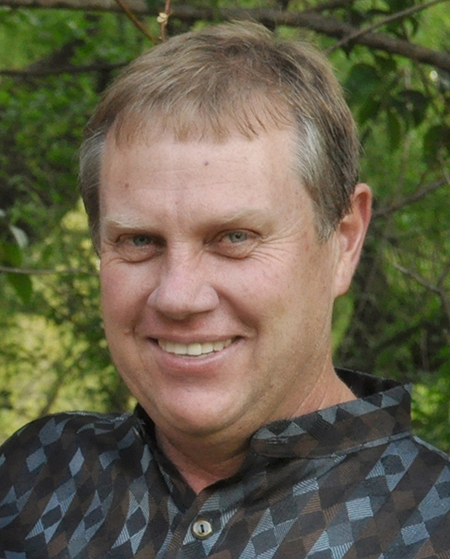After many years of commitment to community engagement and development, staff and students of the North-West University’s (NWU’s) Faculty of Engineering will now turbocharge these initiatives as the saying goes.
According to Hannes du Toit, the faculty’s project manager for community engagement, they decided to take their projects and initiatives to the next level.
“The extent of the need around us is frightening. After nine years of initiatives through the engineering subject Professional Practice (or FIAP, as it is known among the students), it has now undergone restructuring,” says Hannes.
“The emphasis was changed to integrate community engagement with various modules in order to develop projects of a better quality for the greater benefit of communities.”
In a nutshell, the purpose of the subject is to give engineers the opportunity to develop management skills by working in groups of six to identify the needs of communities and develop solutions, which includes the manufacturing of a prototype of a product.
This already provides practical experience at an early stage of training. Some of the projects included, among other things, a mobile animal clinic, aids and equipment for old-age homes and schools for the handicapped, playgrounds for schools, infrastructure for a legal clinic in a township, and aids for occupational therapy at a state hospital. All of these were developed by students to meet the needs of genuine clients.
According to Hannes, the new plan regarding community engagement was recently submitted and approved by the management of the Faculty of Engineering.
“We look forward to addressing the various needs of different communities more intensely. The approved framework makes provision for, among other things, other faculties of the NWU and even other tertiary-education institutions across the country becoming involved. It provides the opportunity to be able to serve communities with our expertise in a more sustainable manner,” he says.
Communities such as the Social and Justice Centre in Orange Farm, the Amelia after-care centre in Potchefstroom, the Potchefstroom Animal Welfare Society, Cross Connect in Krugersdorp and various other organisations have already been identified.
Apart from lecturers and students being involved in these projects, a management committee consisting of various role players, including community leaders where each project will be rolled out, is also envisaged. The purpose of this is to train these role players to be sustainable in the communities.
“It does not help to identify a need, address it, and then it disappears again. These initiatives have to have a sustainable impact on the communities involved. The ideal will be to identify some of our students who can act as role players in the communities. Students coming from traditionally disadvantaged communities and who have the opportunity to receive a tertiary education are also expected by these communities to give something back to the community where they grew up.”
According to Hannes, these initiatives will also fit in with the NWU’s teaching policy that students have to develop, among other things, a social and ethical responsibility during the time of their education at the university. He says that it creates an opportunity for the students to take ownership of the projects and to better understand what the needs in local communities entail.
On the strength of the approval of these new community-development plans, components of the community projects will now also be integrated with some of the NWU’s engineering curriculums. Industries and businesses are approached to support the projects with funding and expertise.
“The greater goal of this new approach is to accomplish the transfer of skills. The projects are seen only as a starting point, after which communities must be stimulated to take them further and address more needs with the skills that they have been taught. Engineers are not psychologists, social workers or counsellors, but we can definitely also have a major socio-economic impact on a totally different level,” says Hannes.

Hannes du Toit
